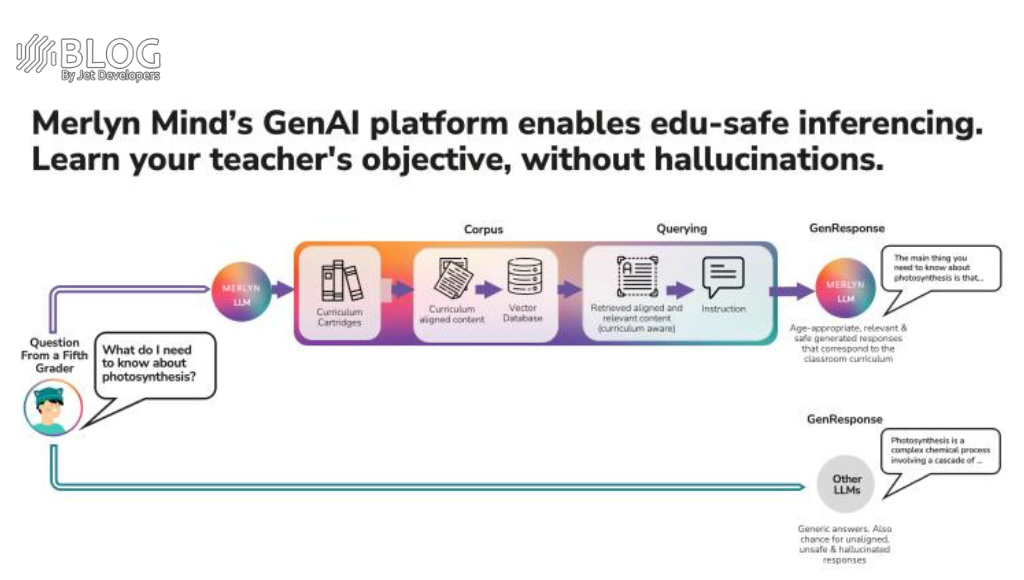At its annual developer conference in New York, MongoDB unveiled several new capabilities for its Atlas platform, aiming to simplify the process of building modern applications for enterprises. The company’s President and CEO, Dev Ittycheria, highlighted the features as a means of supporting customers in running large-scale, mission-critical workloads with enhanced scalability and flexibility. MongoDB also announced industry-specific offerings and a partnership with Google Cloud to expedite the adoption of generative AI and enable the creation of innovative applications.
The key announcements from MongoDB’s event include significant improvements to Atlas, the fully-managed data platform that facilitates the development and deployment of scalable applications. Notably, Atlas now incorporates AI-powered vector search, enabling semantic search capabilities for text, images, audio, and video data. This opens doors to applications like text-to-image search and seamless integration of generative AI. Additionally, the introduction of stream processing allows developers to extract real-time insights from high-velocity and high-volume streaming data, enabling dynamic behavior adjustments and informed business actions.
MongoDB introduced Atlas Search Nodes, which provide dedicated resources for scaling search workloads independently of the database. Moreover, Atlas now supports querying data in Microsoft Azure Blob Storage through MongoDB Atlas Online Archive and Atlas Data Federation, expanding the service beyond its previous compatibility with AWS.
In collaboration with Google Cloud, MongoDB launched an AI initiative that integrates Google Cloud’s Vertex AI large language models (LLMs) with MongoDB Atlas. This integration empowers developers to accelerate their workflows and build new classes of generative AI applications, such as semantic search, classification, outlier detection, AI-powered chatbots, and text summarization. Kevin Ichhpurani, Corporate Vice President for Global Ecosystem and Channels at Google Cloud, expressed excitement about the initiative, emphasizing its potential for developers to create innovative applications and experiences that add significant business value.
MongoDB’s commitment to supporting generative AI development extends to its “AI Innovators” program, designed to aid organizations in building AI-powered solutions. The program offers up to $25,000 in MongoDB Atlas credits, partnership opportunities within the MongoDB ecosystem, and go-to-market support. It caters to both early-stage startups and established organizations with an existing customer base.
Another notable announcement was the introduction of Atlas for Industries. MongoDB plans to provide its data platform in industry-specific packages, beginning with Atlas for financial services. This program grants enterprises in the financial sector access to architectural design reviews, technology partnerships, and industry-specific knowledge accelerators, enabling rapid adoption and application development tailored to the industry’s unique challenges. MongoDB intends to expand this offering to manufacturing, automotive, insurance, healthcare, retail, and other industries throughout the year.
Lastly, MongoDB made its Relational Migrator generally available, offering a faster and easier migration process from legacy relational database technologies to MongoDB Atlas. The tool analyzes legacy databases, generates new data schemas and code automatically, and seamlessly migrates data to MongoDB Atlas with no downtime. Currently, it supports transfers from Oracle, Microsoft SQL Server, MySQL, and PostgreSQL.
With these advancements and strategic collaborations, MongoDB aims to empower developers and enterprises to leverage its Atlas platform, unleash the power of data and software, and build next-generation applications that shape the future of their businesses.






